No products in the cart.
BPI Certification Training
Earning a BPI Certification is a crucial step in your career as an energy auditor.
Your job as a certified home energy auditor is to identify energy-related issues in the home, provide customers with an economic forecast of return on investment through energy efficiency improvements, and ensure that the interaction of specific building systems does not create any harmful conditions.
We'll help you learn all the building science principles that you'll need on the job - and to get BPI Certified!
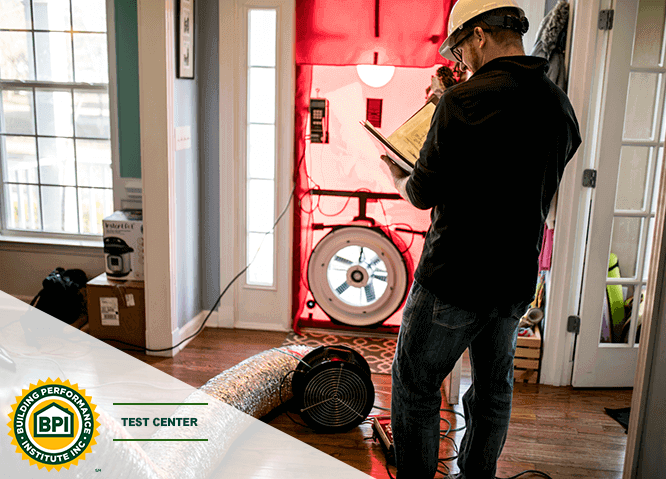
What is BPI Certification?
Earn Your Home Energy Auditor Certification
BPI Certification is the most respected industry designation for residential contractors.
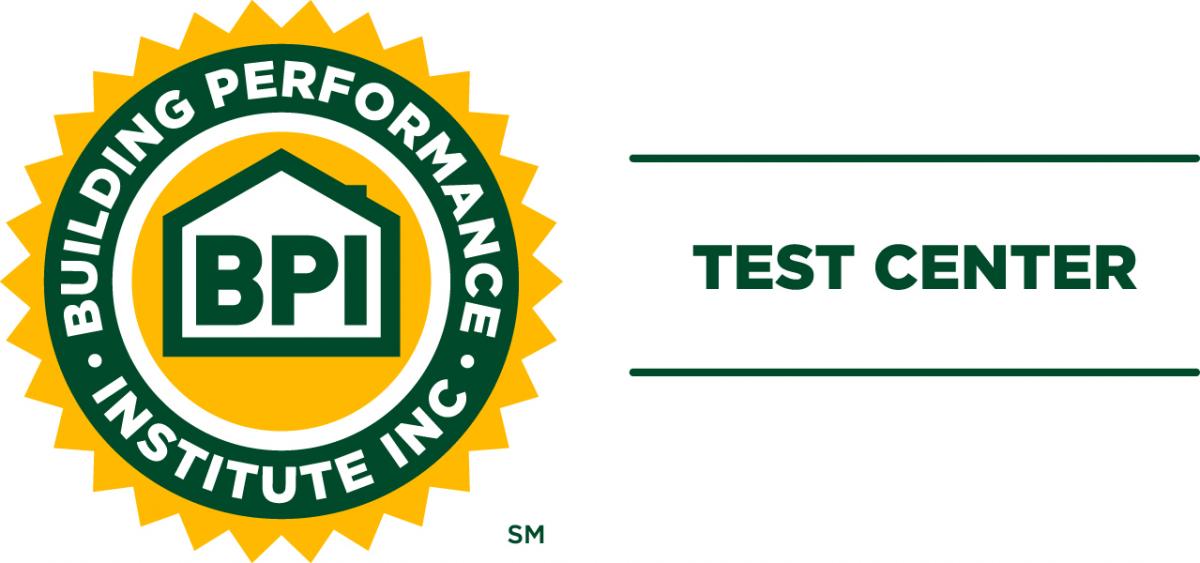
The Building Performance Institute (BPI) is a nonprofit organization dedicated to standardizing procedures for home energy professionals.
BPI relies on a network of affiliated organizations, such as Everblue, to provide training on the BPI Technical Standards and to administer the corresponding certification exams.
Why BPI Certification?
- Offers a new career path as a certified home energy auditor
- Focuses on improving the energy efficiency of existing homes
- Provides contractors with a nationally recognized certification
WHAT ARE BPI CERTIFIED CONTRACTORS QUALIFIED TO DO?
Become an Expert in Home Performance
BPI energy auditors solve heating, cooling, and air leakage problems that drive high energy costs.
BPI-certified energy auditors evaluate the overall conditions of a home and identify energy-related issues at the source.
You'll use building science knowledge and diagnostic tests to assess the home's energy use and make recommendations for energy efficiency improvements.
Supplement your knowledge with BPI's technical processes, such as:
- The "House-as-a-System" Approach
- Blower Door & Duct Testing
- Combustion Safety Testing
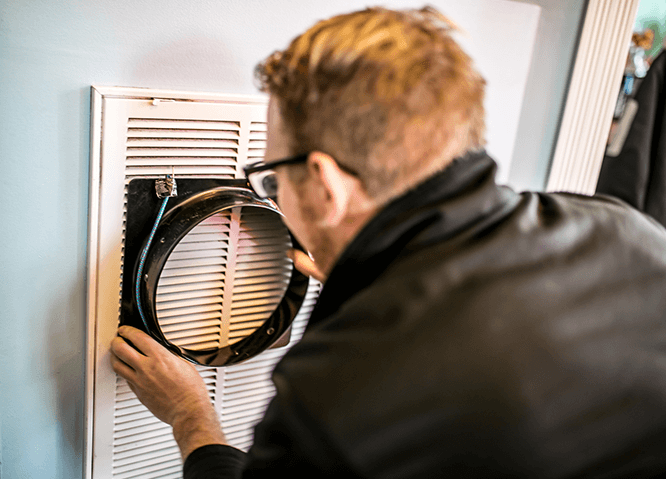
WHO SHOULD GET BPI CERTIFIED?
Great for HVAC Technicians & Residential Contractors
If you're interested in offering home energy audits, BPI Certification is the right choice for you.
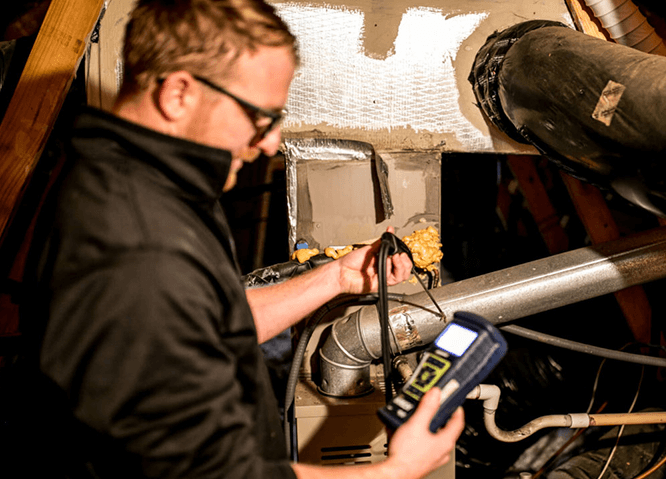
With BPI Certification, you can use building science principles to create a more comfortable, safe, and durable home for your clients.
Those who benefit most from BPI Certification include:
- HVAC technicians
- General contractors
- Insulation installers
Most use home energy auditing as a foot-in-the-door to their primary business service – ie, establishing a strong relationship with a potential client during the audit and upselling them on remodeling and retrofit work.
WHY GET BPI CERTIFIED?
Fast-Track Your Career as a Home Energy Auditor
Build on your services as a residential building contractor by adding a BPI energy auditor certification.
BPI Certification enables you to enter a growing industry with real skills that you can use immediately in the field.
You will walk away from this experience with an increased understanding of how systems in the home work together.
In addition, certification makes you more marketable:
- BPI's third-party verification of your skills helps build a reliable brand
- Enhanced credibility with homeowners makes it easier to get jobs
- A reputation for quality work helps grow your business
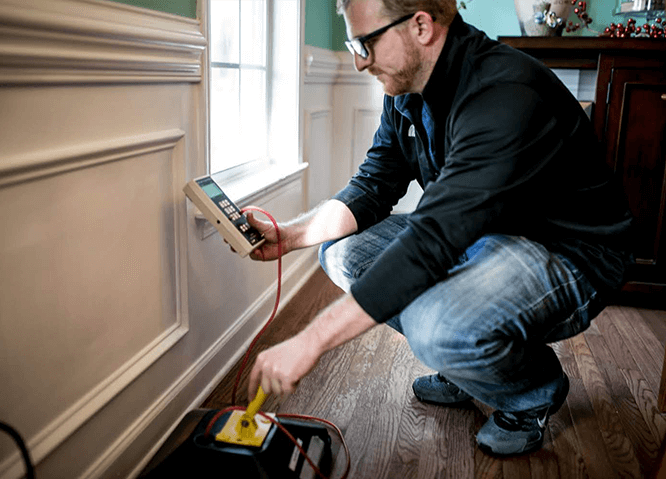
HOW IT WORKS
How to Get BPI Certified
All of our BPI certification courses start with self-paced online training and conclude with proctored certification exams.

1. Take Our Course
Our online program consists of pre-recorded video presentations, practice questions, and reading materials. You can log in any time 24/7 to follow along with the self-paced training, and you will have access to materials for 6 months.

2. Choose an Exam Format
As a trusted BPI Test Center, Everblue is authorized to proctor the written and field certification exams either online or in person. After completing your online training, decide whether you want to take your exam from home or gain additional hands-on instruction in an upcoming live class.

3. Get BPI Certified
When you're ready, it's time to take your BPI exam(s)! Depending on which BPI certification(s) you pursue, this may be only a written exam, only a field exam, or both. Our BPI certification packages include everything you need to get certified.
Credentials
BPI Certification Levels

Step 1: BPI Building Science Principles
Gain the knowledge you need to be successful as a home performance professional or energy auditor. During this introductory course, you'll learn how the systems in a home work together to affect energy use, thermal comfort, and indoor air quality.
To earn this certificate, you simply have to pass a 100-question multiple choice exam with a score of at least 70%.
Step 2: BPI Building Analyst Technician
After you’ve passed the BPI Building Science Principles exam, learn to apply the concepts as a Building Analyst Technician. A Building Analyst Technician (BA-T) conducts residential building science-based diagnostic tests and home performance data collection. This includes combustion safety and carbon monoxide testing, blower door testing, and interior/exterior home inspection.
To earn this certification, you must take a 4-hour field exam with an approved BPI Test Center (which Everblue is). You must be proctored, either in person or through online video proctoring. There is no written exam for this credential.
Step 3: BPI Building Analyst Professional
After you’ve passed the BPI Building Analyst Technician exam, upgrade your skills to become a Building Analyst Professional. A Building Analyst Professional (BA-P) uses energy modeling software to model the energy upgrade potential of a home and to develop a scope of work. BA-P professionals use the data collected from diagnostic tests to determine how a homeowner can improve the energy efficiency of their home, lower their energy bills, and create a healthier/safer space.
To earn this certification, you must pass a proctored written exam. There is no field exam for this credential.
Optional: BPI Infiltration & Duct Leakage
BPI Infiltration & Duct Leakage (IDL) is a companion certification to the core BPI certification career pathway. The BPI IDL Certification prepares you to comply with mandatory state building codes that require blower door and duct leakage testing from a certified third party.
To earn this certification, you must take a 1.5-hour field exam with an approved BPI Test Center (which Everblue is). You must be proctored, either in person or through online video proctoring. There is no written exam for this credential.
PRICING
Register for BPI Certification Training
BPI Building Analyst Package
Best Value!
$3297 $2599
Master bundle includes BSP + BA-T + BA-P
Learn blower door & combustion safety testing, energy modeling & workscope
Save time & money while earning multiple certifications at once
Includes all written & field exams
Building Science Principles
Step 1
$299 $249
Online
Key terms & principles
Includes written exam
Building Analyst Technician
Step 2
$1999 $1899
Online or Blended
Diagnostic testing
Data collection
Includes field exam
Building Analyst Professional
Step 3
$1499 $1099
Online
Energy modeling
Workscope development
Includes written exam
Infiltration & Duct Leakage
Optional
$1399 $999
Online or blended
Blower door & duct testing
Code compliance
Includes field exam